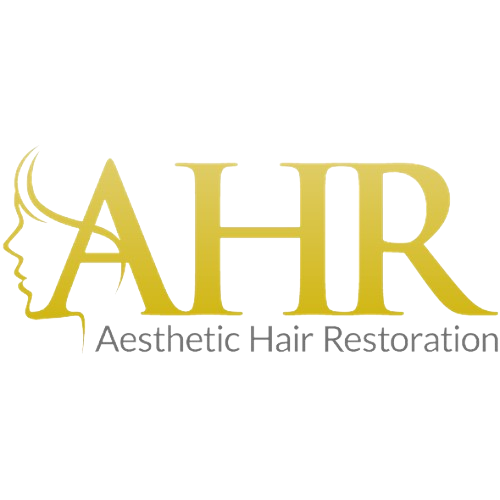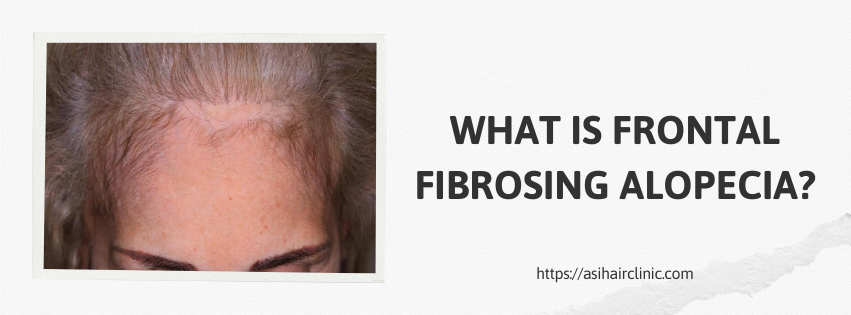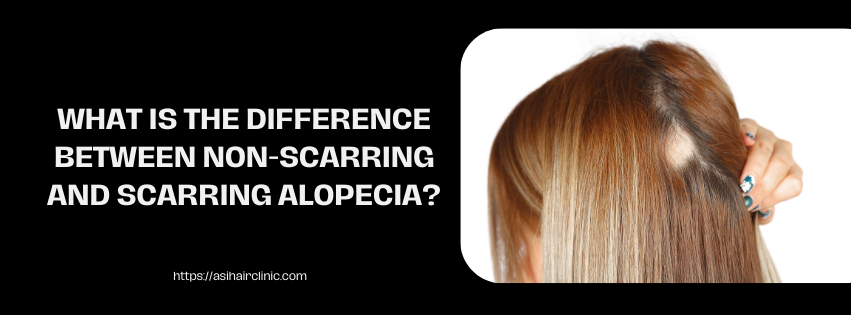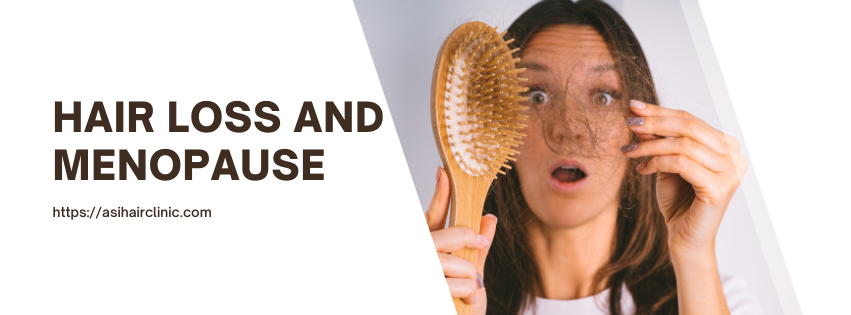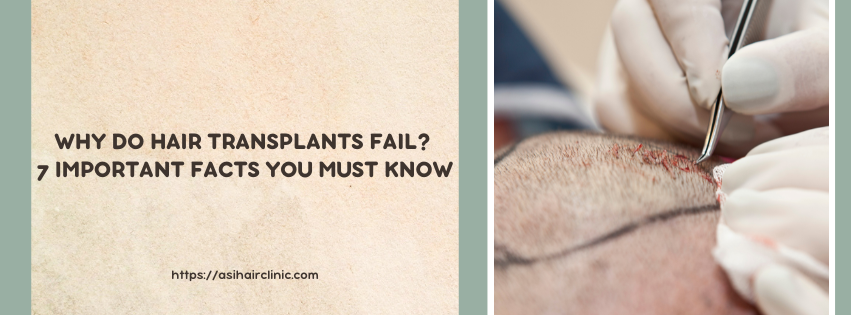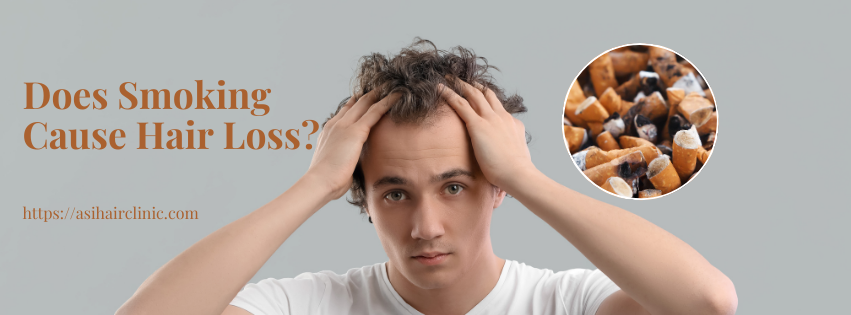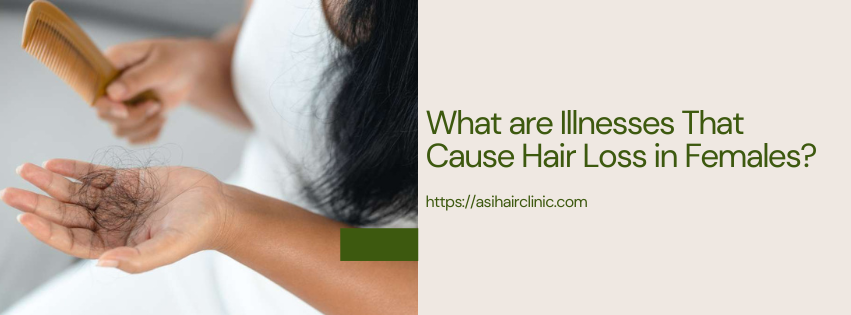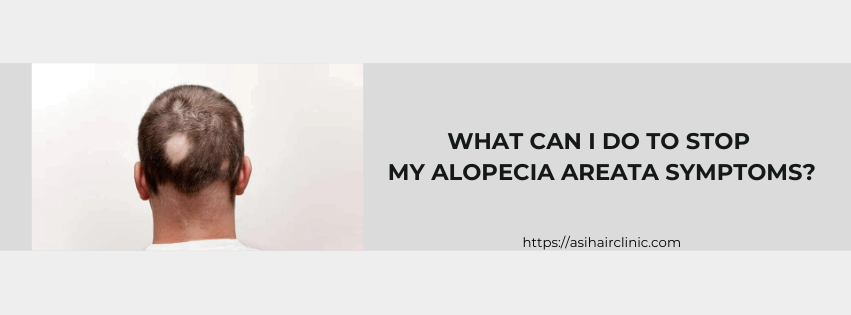Could Your Profession be Causing Your Hair Loss?
Hair loss is an issue that countless individuals face, often leading to feelings of self-consciousness and diminished confidence. While genetics and aging are often cited as the primary culprits, there's a less obvious factor that can be just as influential: one’s profession. Many people may not realize the extent to which their career could be impacting their hair health. Stressful work environments, exposure to harmful chemicals, or even irregular work hours can all contribute to hair thinning and shedding. This article examines various professions, explores the specific risks they pose to hair health, and provides strategies for mitigating these risks.
1. High-Stress Industries: The Toll on Your Scalp
The modern workforce is characterized by high stakes and relentless pressure. Jobs in finance, law, healthcare, and many others often demand long hours and emotional resilience. Such high-stress environments do more than wear down your mental fortitude; they can wreak havoc on your hair.
Stress is a double-edged sword. On the one hand, it can be a motivator that drives you to perform at your best. But when chronic stress becomes the norm, it triggers physiological responses that can lead to significant hair loss.
1.1. How Stress Impacts Hair Loss
Chronic stress fundamentally alters the body's hormonal balance, releasing elevated levels of cortisol-the body's primary stress hormone. When cortisol levels remain high over prolonged periods, it affects not only your mental state but also your physical aspects, including hair growth cycles.
Telogen Effluvium is a type of hair loss triggered specifically by stress. It causes a sudden increase in hair shedding, often noticeable 2-3 months after experiencing a stressful event. Imagine working tirelessly on an important case or trying to meet a critical deadline; during such pressures, your body might respond by pushing hair follicles into a resting phase prematurely, leading to thinning hair.
Another condition connected with stress is Alopecia Areata. Although this autoimmune disorder isn't solely caused by stress, it can be triggered by stress in certain individuals. Alopecia Areata manifests as patchy hair loss, often creating distress that only exacerbates the situation-setting off a vicious cycle of anxiety and further shedding.
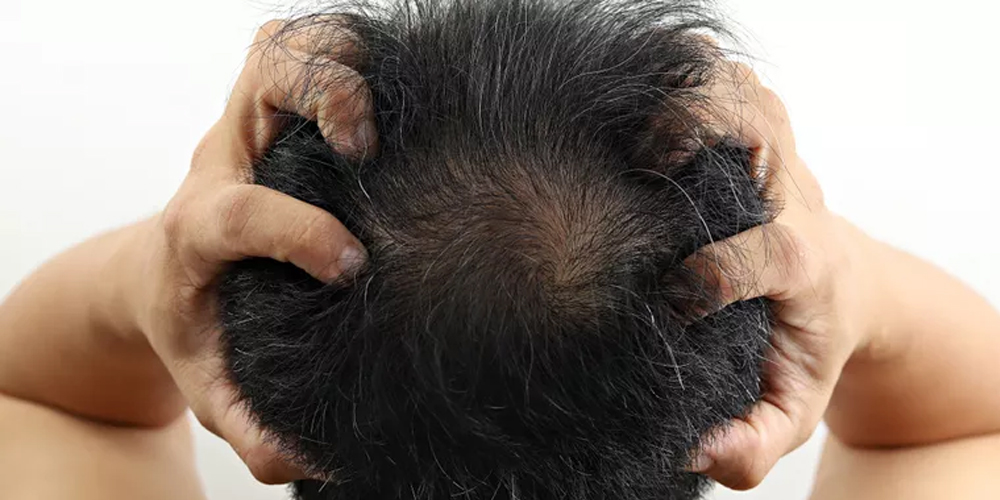
1.2. Impact on Hair Growth Cycle
Stress impacts the delicate balance of the hair growth cycle, leading to disrupted phases in the life of hair follicles. In a healthy cycle, each follicle goes through three main stages: anagen (growth), catagen (transition), and telogen (rest). Stress induces an accelerated entry into the telogen phase, meaning hair rests instead of growing. Over time, this can significantly hamper overall hair density and volume.
To mitigate the impact of stress on your hair, consider integrating relaxation techniques into your routine. Regular exercise has been shown to lower cortisol levels and improve mood. Activities like yoga and mindfulness meditation can have profound effects on reducing your stress levels. Additionally, prioritize getting sufficient sleep-7-8 hours per night can help your body recover and restore its natural balance.
1.3. Managing Stress in High-Stress Professions
For those entrenched in high-stress fields, taking proactive measures to manage stress levels can make a difference. Here are some practical strategies:
- Regular Exercise: A consistent workout schedule helps release endorphins, promoting relaxation and combating stress.
- Mindfulness Techniques: Meditation, deep breathing, and journaling can enhance your mental clarity and control emotional responses. These practices can ground you amidst chaos and provide relief from daily pressures.
- Adequate Sleep: Sleep is non-negotiable; aim for restful nights to allow your mind and body to recharge. Establishing a calming bedtime routine can pave the way for better sleep quality.
- Healthy Diet: Nourish your body with nutrient-dense foods rich in vitamins and minerals essential for hair growth, like iron, zinc, and biotin. Omega-3 fatty acids found in fish oil can also promote scalp health.
- Seek Support: Don’t hesitate to reach out to mental health professionals for guidance and coping strategies. Talking openly about your stresses can relieve burdens and offer new perspectives.
2. Chemicals and Hair Loss: The Hidden Threats
In many jobs, especially in sectors like beauty and manufacturing, workers are exposed to harmful chemicals that can negatively affect hair health. Whether it’s frequent exposure to chemical products or handling hazardous substances, understanding these risks is crucial.
2.1. Hairdressing and Cosmetology
Professionals in the beauty industry, particularly hairstylists and beauticians, face unique challenges regarding hair health. The use of strong chemicals in hair treatments can lead to long-term damage.
Chemical straighteners and relaxers are widely used in salons. These products contain potent ingredients designed to alter the structure of the hair shaft, which can weaken hair strands over time. Regularly using these types of treatments can lead to breakage and thinning, gradually impacting the overall aesthetic appeal of one's hair.
Frequent hair dyeing is another common practice in this profession. While modern-day dyes are generally safer than in the past, constant coloring can strip away natural oils, leaving hair dry and prone to damage. Perms, which involve altering hair's structural protein bonds chemically, can also lead to fragility and breakage.
2.2. Manufacturing
Workers in manufacturing industries encounter various solvents, heavy metals, and other chemicals that can pose risks to hair health. Solvents like toluene and xylene are commonly used in paints, adhesives, and coatings. Prolonged exposure to these substances can lead to thinning hair and scalp irritation.
Heavy metals such as lead and mercury present in certain industrial processes can disrupt hair growth cycles. These toxic elements accumulate in the body over time and compromise overall health, including hair vitality.
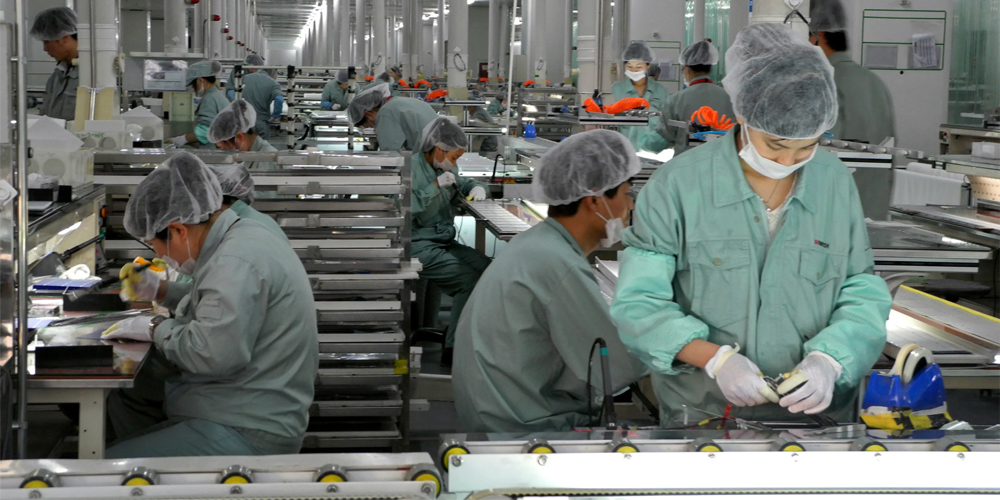
2.3. Healthcare
Healthcare professionals, while providing valuable services, also face challenges concerning hair loss. Certain medications, such as chemotherapy drugs and antidepressants, commonly result in hair loss as side effects. For individuals in oncology, witnessing patients undergo treatment can be emotionally taxing, potentially leading to personal stress and contributing to their own experiences of hair loss.
Moreover, radiation therapy, a common cancer treatment, can severely damage hair follicles, causing significant shedding.
2.4. Tips for Hair Loss Prevention in Chemical-Intensive Professions
Those working in environments where chemical exposure is unavoidable can take several preventive measures:
- Wear Protective Gear: Always use gloves and masks when handling chemicals to minimize skin contact and inhalation.
- Proper Ventilation: Ensure that workplaces are well-ventilated to reduce exposure to toxic fumes and airborne irritants.
- Limit Chemical Exposure: Whenever possible, opt for gentler, less harmful alternatives for hair treatments and maintenance.
- Regular Scalp Care: Use mild, sulfate-free shampoos designed for sensitive scalps and limit heat styling to prevent additional damage.
- Hydration: Drinking plenty of water plays a vital role in maintaining overall health, including hair hydration, so make sure to keep hydrated throughout the day.
3. The Impact of Shift Work and Sleep Deprivation
In today's fast-paced world, many professions necessitate irregular work hours, particularly shift work that includes late nights and weekends. This disruption to our natural circadian rhythm can have a detrimental impact not just on our sleep but also on our hair health.
3.1. How Shift Work Affects Hair
Shifting work schedules can throw off the body's natural hormone production. Melatonin, the hormone responsible for regulating sleep-wake cycles, can be adversely affected by inconsistent sleep patterns. When melatonin levels are disrupted, the hair growth cycle can become unbalanced, resulting in slower hair growth or even hair loss.
Additionally, the chronic fatigue stemming from inconsistent sleeping patterns can amplify stress levels. This combination creates a perfect storm for hair loss, as heightened stress hormones further push hair follicles into the resting phase.
3.2. Poor Diet and Lifestyle Choices
Shift work often leads to poor dietary choices. Irregular meal times can result in unhealthy eating habits, such as relying on processed foods or sugary snacks for quick energy boosts. Such diets lack the essential nutrients necessary for maintaining vibrant hair health. Coupled with fatigue, this can create a cascading effect on both physical and mental well-being.
3.3. Strategies for Managing Shift Work and Hair Loss
While shift work presents unique challenges, specific strategies can help regulate sleep and maintain hair health:
- Maintain a Consistent Sleep Schedule: Even on days off, try to stick to a regular sleep routine to reinforce your body clock. This consistency makes it easier for your body to adapt.
- Create a Relaxing Bedtime Routine: Incorporate activities that promote relaxation, such as reading or enjoying a warm bath before bed, to signal to your body that it’s time to wind down.
- Prioritize Sleep: Never underestimate the importance of sleep. Whenever possible, carve out 7-8 hours for rest, allowing your body to recover from the day's demands.
- Optimize Your Diet: Focus on consuming nutrient-rich foods that support energy levels and hair growth-think leafy greens, whole grains, and lean proteins.
- Minimize Artificial Light Exposure: Limit screen time in the hours leading up to bedtime to encourage natural melatonin production and support healthier sleep patterns.

4. Further Considerations for Hair Loss in Different Professions
While we've delved into stress, chemicals, and shift work, it’s essential to recognize that numerous other professions carry inherent risks to hair health.
4.1. Construction Workers
Construction sites are rife with dust and debris, which can irritate the scalp and clog hair follicles. Exposure to extreme weather conditions can also contribute to dryness and brittleness, making hair more susceptible to damage.
4.2. Farmers and Outdoor Workers
Prolonged exposure to sunlight can lead to sunburned scalps and dried-out strands. Extreme temperature fluctuations can further exacerbate hair issues, causing split ends and breakage. Investing in protective clothing and hats can reduce these risks significantly.
4.3. Military Personnel
The physical and psychological demands of military service can lead to hair loss among personnel. Stressful deployments, inadequate sleep, and exposure to harsh environments create a cocktail for hair deterioration.
4.4. Seeking Professional Help
If you’re experiencing significant hair loss, seeking advice from a dermatologist or trichologist is vital. They can accurately diagnose underlying causes and recommend effective treatment options tailored to your needs.
- Topical Medications: Drugs like minoxidil and finasteride are commonly prescribed for stimulating hair growth and preventing further loss.
- Laser Therapy: Low-level laser therapy offers a non-invasive method for stimulating hair follicles and promoting growth.
- Hair Transplants: For those seeking more permanent solutions, surgical options like hair transplants can redistribute hair follicles from denser areas to balding spots.
- Lifestyle Changes: Medical professionals may suggest lifestyle adjustments involving diet, exercise, and stress management to complement any medical interventions.
Conclusion
Understanding the connection between your profession and potential hair loss can empower you to take action. By recognizing specific risks tied to your job, whether it's chronic stress, chemical exposure, or irregular hours, you can proactively implement strategies to protect your hair. From managing stress through relaxation techniques to safeguarding against harmful chemicals, a multifaceted approach will promote healthier hair.
LATEST POSTS
